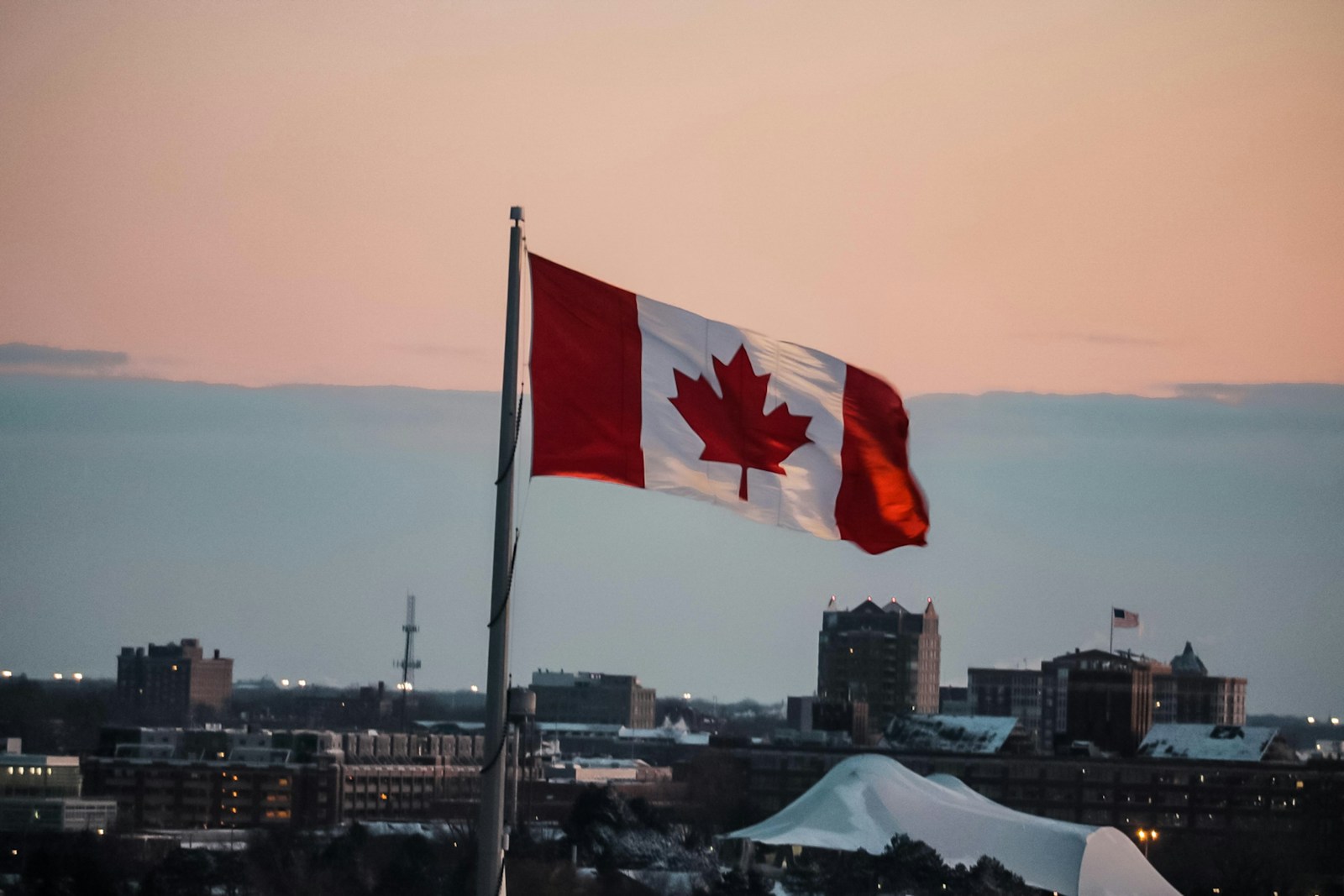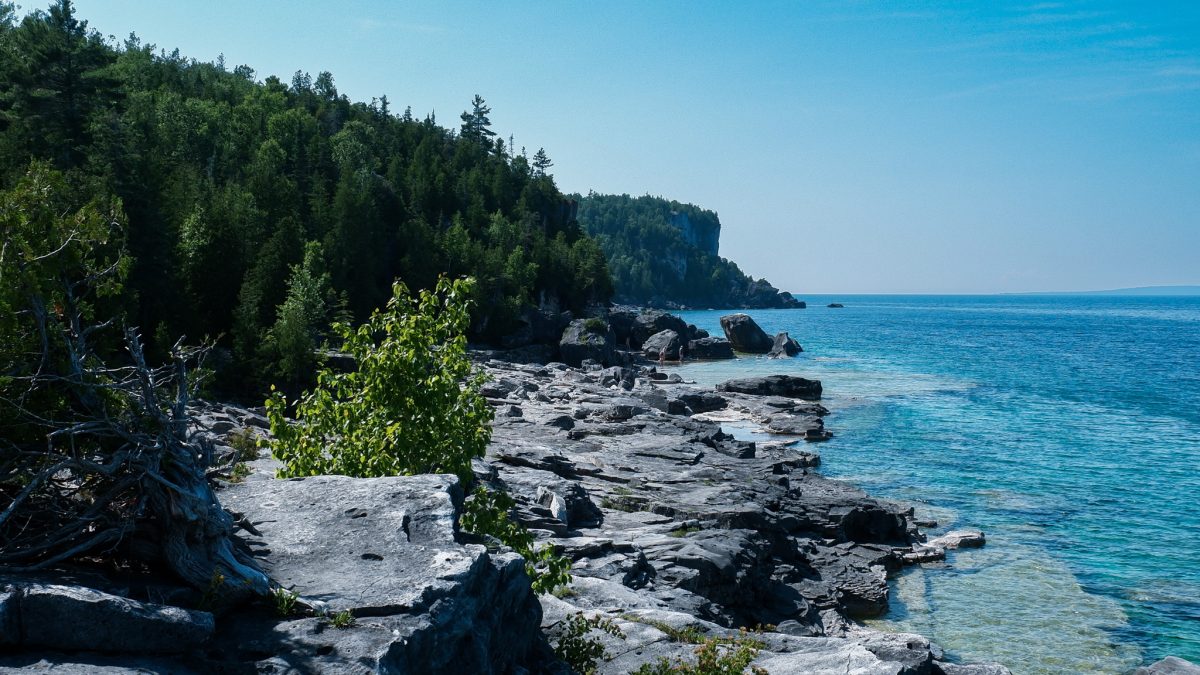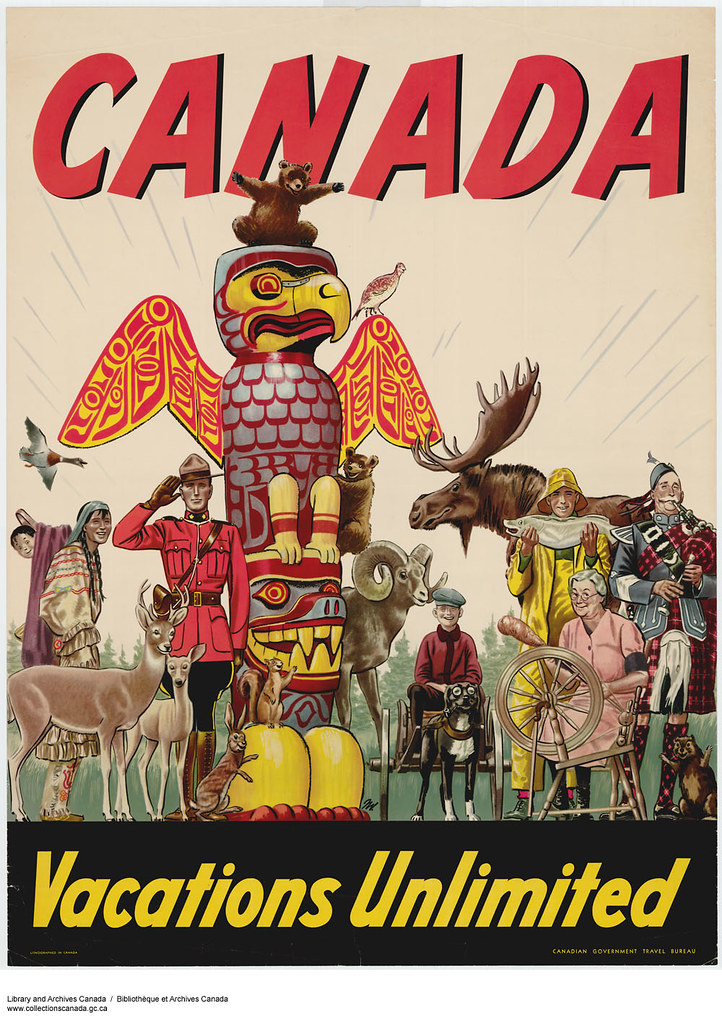Your cart is currently empty!
Why Americans Are Quietly Leaving — And Why Canada Is Paying Attention

I didn’t leave for good. Not yet. Probably never will.
I’ll ride out whatever storm America chooses to become.
But like a growing number of Americans, I left for long enough to breathe.
This summer, I crossed into Canada not as a tourist, but as a journalist and a citizen paying close attention. The United States isn’t officially at war. There are no tanks in the streets, since Donald Trump’s birthday, anyways. But something quieter and more insidious is happening — and for those tuned into the undercurrents, it’s already begun.
In a country that once promised liberty and justice, the signs of authoritarianism in America are no longer theoretical. They’re visible, routine, and — perhaps most dangerously — normalized.
The Quiet Exodus from the U.S.
We don’t talk much about the Americans who are leaving. Not the ultra-wealthy with backup passports — that’s old news. I’m talking about teachers, activists, caregivers, and people with chronic illness. Survivors. Journalists. Citizens who have lived through enough to know the difference between a country having problems and a country slipping.
Some have relocated temporarily. Some are just… feeling it out.
They don’t all call it fascism. But they feel the pull to leave before it gets worse.
The tipping points vary:
- Book bans and attacks on public education
- Voter suppression laws disguised as election reform
- Surveillance culture normalized through social media and law enforcement
- Patriarchy and white nationalism rising in mainstream politics
- Christian nationalism pushing back against bodily autonomy
Some call it fear. Others call it foresight.
A Different Kind of Border Crossing
Crossing into Canada from the United States this summer wasn’t an escape. It was a recalibration.
The air was literal and figurative — cleaner, quieter, less charged. There were no armed protests in the town square. No daily news cycle built on cruelty.
For a brief time, I could stop scanning every room for signs of instability.
It reminded me of something I hadn’t felt in a long time: ease.
That’s not to say Canada is perfect — far from it. But the difference in national temperature was undeniable. People spoke of community, not compliance. Healthcare, not punishment. Systems that serve, not surveil.
And most striking: people still believed things could get better.

What They Said to Me in Canada
One moment in particular stuck with me. I was standing in line at a small local market, picking up berries and bread, when the cashier glanced at my card and asked, “American?”
I nodded, instinctively bracing for judgment.
But she waved her hand and said, “Oh don’t worry. We don’t hate Americans. We hate that orange asshole running your country.”
She said it like a fact, not a punchline. And the people behind me chuckled and nodded.
A few days later, on July 4th, a man at a roadside produce stand smiled and said, “Happy Fourth of July.”
I smiled back, but said quietly, “No need — not much independence down there right now.”
He laughed, not cruelly but knowingly. “Fair,” he said. “That’s fair.”
Not every conversation was light.
One afternoon, while walking my dog, I met a man who struck up small talk. It started like many others — weather, travel, politics. But at some point, he mentioned, almost casually, that he had once been charged with domestic violence against his partner.
“Canada’s too soft,” he said. “In America, they’re more religious. Better for men like me.”
He said it without shame. Without fear.
I didn’t say much in return. I didn’t need to. The words hung heavy — not just as a reflection of him, but of the systems he assumed would protect him.
It was a reminder: the rot is visible even from here. Patriarchy doesn’t stop at the border. But how we respond to it — how institutions respond — can make all the difference.
Why Canada Is Paying Attention
Canadians aren’t naïve. They know what happens in America doesn’t stay in America. They’ve seen the culture war metastasize. They’ve watched how U.S. political extremism crosses borders — digitally, financially, ideologically.
The people I met were warm, but wary. Some asked questions about rising right-wing authoritarianism in the U.S. Others nodded, quietly, when I mentioned why I was there. One simply said: “We’re preparing too.”
They know proximity doesn’t equal protection.
Seeing the U.S. from Across the Border
From Canada, you can see the shape of things more clearly.
How civil rights are framed as privileges. How rage is monetized.
How the illusion of freedom in America is used to mask the machinery of control.
It’s not just about who’s in power.
It’s about what’s being normalized — and who’s being numbed.
You begin to notice the slow grind of erosion.
How democracy doesn’t disappear all at once.
It disappears in a thousand small silences.

I Didn’t Leave. I Saw.
I didn’t leave to escape. I left to see.
And now, I see with terrifying clarity:
The democratic project is fragile. The American experiment is fraying.
And the question isn’t whether people will leave — it’s who will be allowed to stay free.
Whatever comes next, I’ll be ready.
Not because I left my country — but because I love it enough to watch it clearly.
Because I stayed awake. Because I still believe clarity is a form of care.
Share Your Perspective
Subscribe to Truthlytics today to stay informed and dive deeper into the issues that matter.
Already subscribed? Log in to join the conversation and share your thoughts in the comments below!




